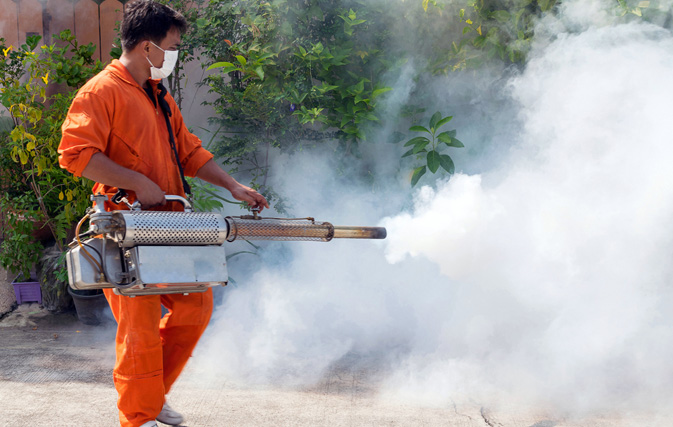TORONTO — U.S. health officials has advised pregnant women to avoid nonessential travel to 11 destinations in Southeast Asia due to the potential risk of Zika infection.
According to Time magazine, the U.S. Centers for Disease Control (CDC) listed 11 countries in its latest advisory: Brunei, Burma (Myanmar), Cambodia, Indonesia, Laos, Malaysia, Maldives, Philippines, Thailand, Timor-Leste (East Timor) and Vietnam.
The CDC said Zika is endemic to Southeast Asia, which means many local residents are believed to be immune. However, it is believed that travellers are most likely not.
“Pregnant women travelling to Southeast Asia could become infected with Zika virus,” said the CDC. “The level of this risk is unknown and likely lower than in areas where Zika virus is newly introduced and spreading widely.”
Authorities in Thailand have confirmed that two cases of babies with microcephaly, or abnormally small heads, were caused by the Zika virus, the first such cases found in Southeast Asia.
Dr. Prasert Thongcharoen, a senior Health Ministry official, said in a statement Friday that the linkage to Zika was confirmed by laboratory tests in two of three cases of babies afflicted with microcephaly. The results were inconclusive in the third case.
The World Health Organization urged countries in the region to take stronger measures to contain the virus. The U.N. agency said the cases are the first of Zika-associated microcephaly in Southeast Asia.
Statistics issued by Thai health officials show more than 300 confirmed Zika cases since the start of the year.
“Zika virus infection is a serious threat to the health and wellbeing of a pregnant woman and her unborn child. Countries across the region must continue to strengthen measures aimed at preventing, detecting and responding to Zika virus transmission,” WHO Southeast Asia regional director Dr. Poonam Khetrapal Singh said in a statement.
With file from The Associated Press

